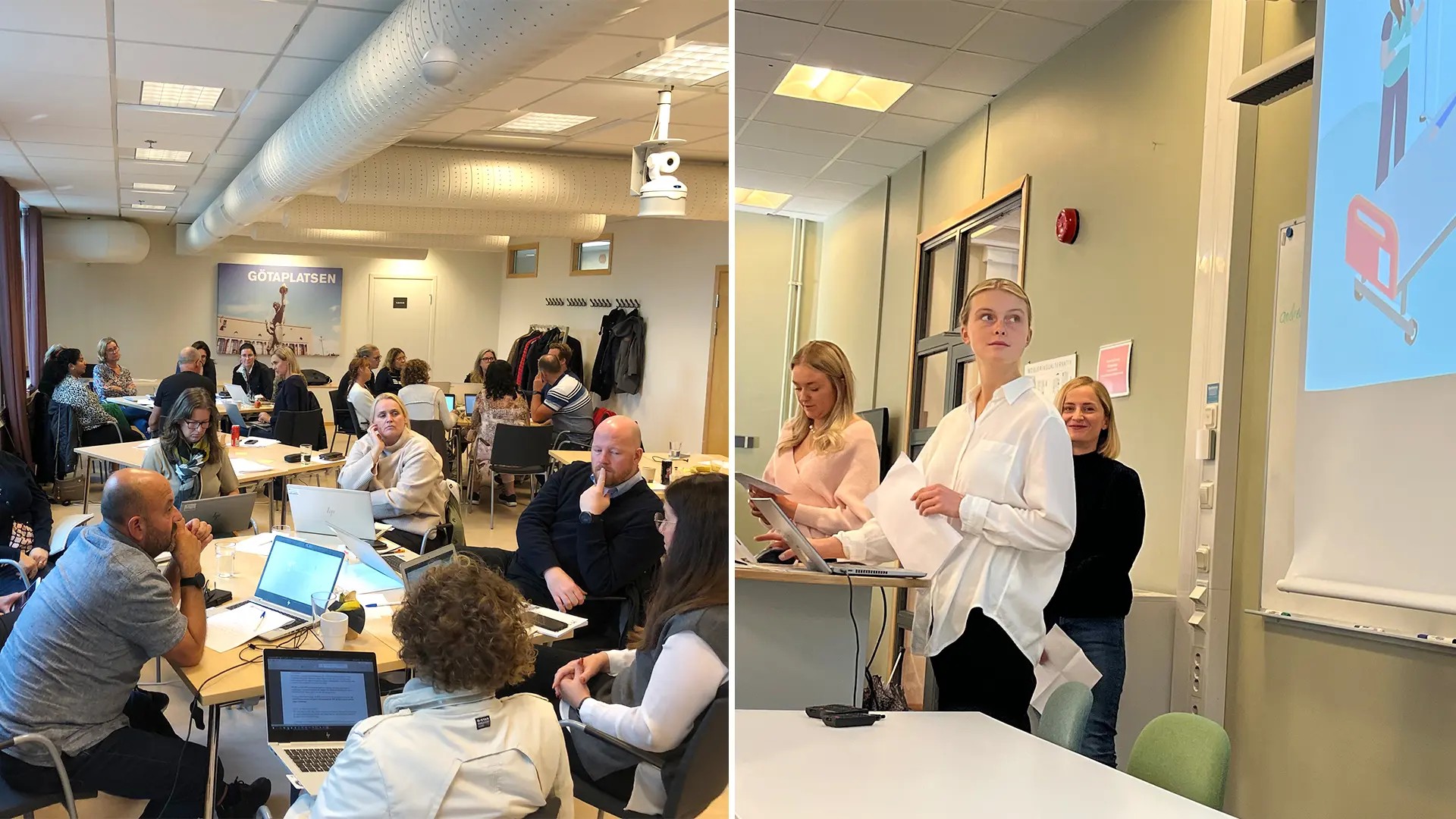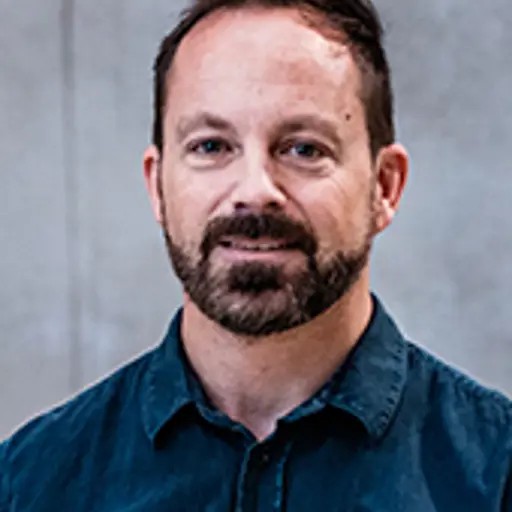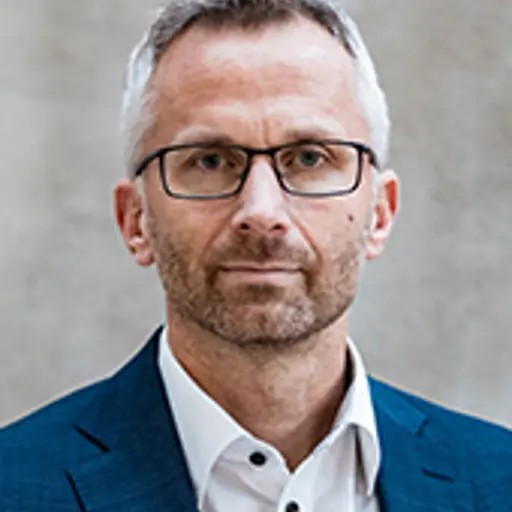
They are two very different categories of students who meet to create ideas for improvements in healthcare: managers in healthcare who are pursuing professional education at Chalmers and engineering students at master's level. By working with real cases from healthcare, the master students have been able to use their theoretical knowledge in practical applications – and at the same time given the healthcare managers valuable insights.
In a joint project between Chalmers and Region Västra Götaland, two existing educations at different levels are integrated to create a cross-fertilization that can ultimately benefit patients and society. The students come from the master's programme Quality and Operations Management, while the managers in the Region Västra Götaland take a course in quality-driven operations development. The course is given by the Centre for Healthcare Improvement at Chalmers.
One of the master's students who participated in the initiative is Johan Blickhammar, who has come a long way in his engineering studies. He is positive about this collaborative approach in education.
“It was exciting! Partly because of the Region Västra Götaland and the important role that healthcare plays in the society, and also that we worked with existing and upcoming challenges. It was interesting to test and apply theories to real problems and very inspiring to take part in and contribute to the region's development and improvement work.”
Even in typical classes at Chalmers there is a lot of interaction between companies and students, but usually about gaining understanding and gathering knowledge about operations and methods for solving problems, says Johan. Here it was done in a more integrated way.
“This initiative differed in that we students worked in collaboration and exchanged knowledge with the healthcare managers to solve present and future problems. The challenge lay mainly in the complexity that often comes with real problems, trying to identify the underlying problems and create proposals to address them in a practical, efficient, and sustainable way”, says Johan Blickhammar, and adds:
“Improvement knowledge is very much about problem solving. This work has reinforced the understanding that knowledge, communication, and information are central to problem solving and improvement work.”
"Contributed with approaches that we didn't think about"
Hans Gunnarsson is a section manager of palliative care at Högsbo Hospital, which is part of the Sahlgrenska University Hospital. From his perspective, he also sees advantages in the approach.
“It felt like a privilege to be interviewed by the students. They contributed with approaches that I did not think about, and that were taken for granted for me. I’m now aware of the need of clarifications and and further explanations. It is easy to think that others have the same perspectives as you, and know and can do the same things as you. So there were adequate questions, like, ’when does the process start and when does it end’? They asked many questions that made me reflect and clarify elements, activities and definitions. I thought they were veryclever and insightful.”
He has also made several lessons of his own:
“In a quality improvement project like this, it is important to be careful with the background work. It is very important to spend time defining and understanding the problem that needs to be improved, to pause for a while in the planning phase and acquire different perspectives.”
“I also felt a bit old! The students were quick in both thought and language. I thought my English was decent – I don't think so anymore. They spoke English completely unhindered and seemed to use terms for quality development naturally. I was impressed by them,” says Hans Gunnarsson.
Complex problems require many perspectives
Student Johan Blickhammar believes that the challenges of the present and the future are often about technological development, and that Chalmers has an important role to play in contributing to the surrounding society.
“The majority of the problems that we were presented forcould be related to digital
transformation. For many operations, not just the Region Västra Götaland, this means a big change as people today interact with technical solutions to an increasing extent. This is a complex problem that, among other things, requires that many different perspectives are taken into account. For this, I believe that we – solution-oriented Chalmers students – are an excellent source to get help from!”
About the collaborative project
The project is formally called SMILLA, SMall-scale live cases to Integrate Life-long Learning and Access to work-life examples. The project is a collaboration between Chalmers and Region Västra Götaland and receives funding from Vinnova. It is directed by Ida Gremyr, Professor at the Division of Service Management and Logistics, Patrik Alexandersson, Director of Centre for Healthcare Improvement (CHI) and Andreas Hellström, Senior Lecturer and Scientific Leader of CHI.
Read more about the research project SMILLA
More about the initiative: Healthcare managers and engineering students join forces
- Project Leader, Project and Centre Management, Technology Management and Economics
- Senior Lecturer, Innovation and R&D Management, Technology Management and Economics

